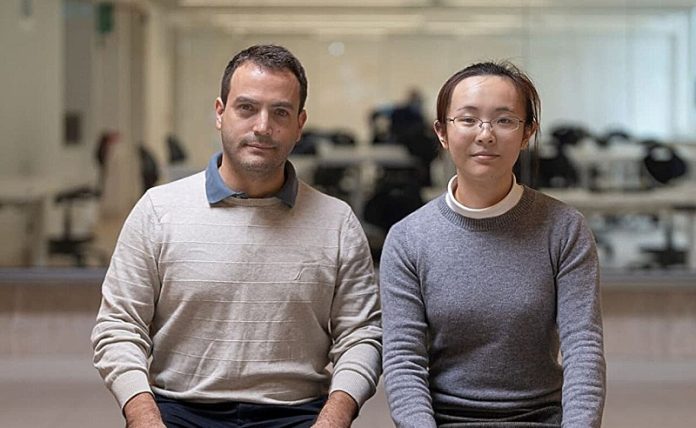
A team of researchers at The Australian National University (ANU) has developed a simple and eco-friendly method to extract valuable materials like lithium from salty water, or brine.
This breakthrough could lead to a major shift in how industries mine for resources needed in batteries and other technologies—while also saving energy and reducing environmental harm.
Brine mining is especially important for lithium production.
As demand for lithium batteries rises worldwide, companies are looking for ways to extract lithium more efficiently and sustainably.
The ANU team’s new method offers a promising alternative to traditional brine extraction techniques that rely on electricity, large evaporation ponds, or complex equipment.
The new method, called thermodiffusion, uses moderate heat—such as sunlight or waste heat from machines—to power the process.
Unlike other techniques, it doesn’t rely on high-powered pumps or expensive membranes to filter out salts. Instead, this approach uses heat to gently move and separate water and salts without changing the water into steam, which means less water is wasted.
Associate Professor Juan Felipe Torres, a mechanical and environmental engineer at ANU, first proposed the idea of thermodiffusion desalination. His earlier work focused on using this method to remove salt from seawater. Now, his team has applied the same concept to concentrate brine—making it easier to extract materials like lithium without relying on evaporation.
Torres says traditional methods, like reverse osmosis and evaporation ponds, are outdated, expensive, and wasteful. Reverse osmosis requires a lot of electricity and specialized membranes that need frequent maintenance. Evaporation ponds take up huge amounts of land and can take months to work, depending on weather conditions.
In contrast, thermodiffusion can be done in a much smaller space and with far less environmental impact. It doesn’t need any membranes or harsh chemicals, and it avoids corrosion issues that often damage other equipment. Even better, it can operate using free heat from the sun or recycled heat from air conditioners and factories.
Dr. Shuqi Xu, a co-author of the study, says the method has already proven it can concentrate brine without losing water through evaporation. The team is now working on increasing the system’s efficiency, with hopes of making it 40 times faster in the future.
The technology has attracted commercial interest. ANU has partnered with U.S.-based Wacomet Water Co. to bring the technology to market in Australia and abroad. Torres and his colleagues have also founded a company called Soret Technologies to help roll out this innovation worldwide.
Their ultimate goal is to replace outdated and energy-intensive methods with a greener, smarter solution for lithium extraction and water treatment.



